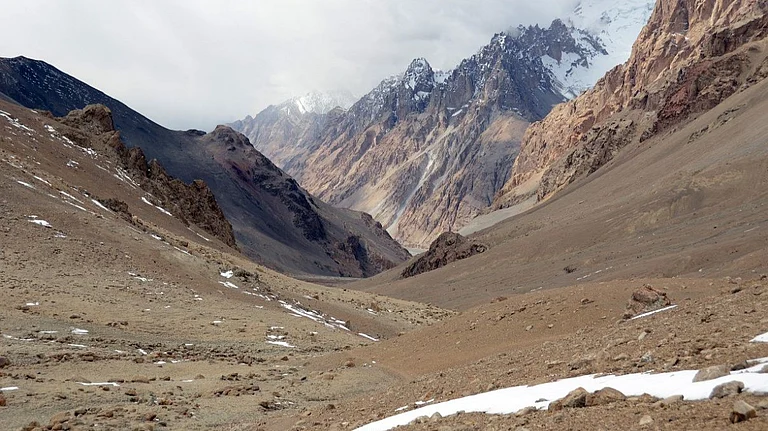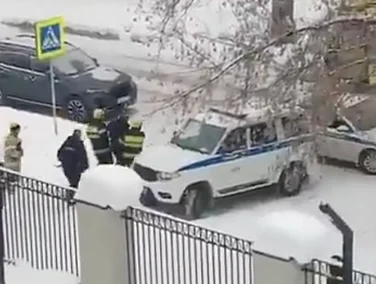25 years later, Pakistan's Nawaz Sharif admitted that a violation of the Lahore pact from Islamabad's end led to the Kargil War in 1999. Addressing PML-N shortly after his unopposed re-election, Sharif admitted that Pakistan violated the 1999 Lahore Agreement signed between him and former Prime Minister Atal Bihar Vajpayee.
"On May 28, 1998, Pakistan carried out five nuclear tests. After that, [then Indian Prime Minister Atal Bihari] Vajpayee Saheb came here and made an agreement with us. But we violated that agreement…it was our fault,” stated Sharif.
This shocking revelation from Nawaz Sharif, 25 years later, has sparked attention in both countries and has highlighted how a violation by Pakistan led to a deadly two month war in Jammu and Kashmir's Kargil
What Was The Lahore Declaration Of 1999?
The Lahore Declaration was signed on February 21, 1999. The pact served as a historic milestone in Indo-Pak relations as both countries worked towards peace and security in the region. The agreement was signed between Pakistan's Nawaz Sharif and India's Atal Bihari Vajpayee.
The agreement came years after the 1971 Indo-Pak war and amid the tight nuclear arms race both India and Pakistan were locked in.
"The Prime Ministers of the Republic of India and the Islamic Republic of Pakistan, sharing a vision of peace and stability between their countries, and of progress and prosperity for their peoples, convinced that durable peace and development of harmonious relations and friendly cooperation will serve the vital interests of the peoples of the two countries," read the text of the Lahore Decalration of 1999.
The main aim of the Lahore agreement was to create a common vision of peace and stability between the two countries. With this pact, both Islamabad and New Delhi also agreed to intensify efforts to resolve all issues between the two neighbours - especially the issue of Jammu and Kashmir.
The pact dealt with issues ranging from Kashmir to terrorism to the handling of nuclear weapons.
Pakistan's Violation And The Start OF The Kargil War
However, months after the pact was signed, Pakistani forces, disguised as Kashmiri militants, crossed the Line of Control and entered Kargil in Jammu and Kashmir. The infiltrators seized posts of the Indian Army has part of its 'Operation Badr'.
Pakistan's intrusion was done based on the orders from General Pervez Musharraf, who served as the military leader of Pakistan. This intrusion was a clear violation of the Lahore Pact which worked on established peace and resolving disputes between India and Pakistan.
With the intrusion leading to the war, it was understood that this decision was made by Pakistan's army, which was at odds with the elected leaders - Nawaz Sharif - at the time.
In response to the Pakistani forces, Indian forces launched Operation Vijay and the Indian Army and Air Force worked towards flushing out Pakistani infiltrators from Kargil.
The Kargil war carried on for two months and ultimately ended in Indian victory. However, the violation of the Lahore pact and the intrusion of Pakistan derailed the peace talks and heightened tensions between India and Pakistan
Shortly after the war ended, Nawaz Sharif was also ousted as the Prime Minister of Pakistan by Musharraf. After his return to Pakistan in 2023, Sharif stated that he was unaware of the military's plan for misadventure in Kargil and wishes to work towards improving Pakistan's ties with its neighbours - especially India.




























